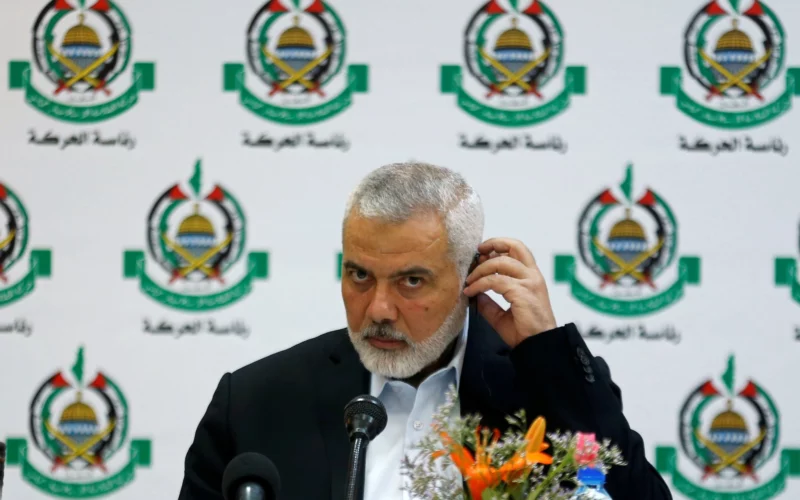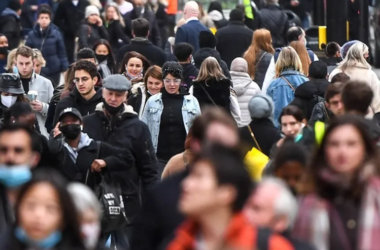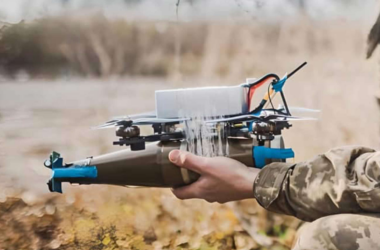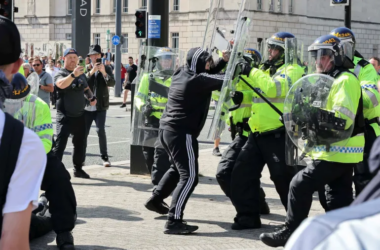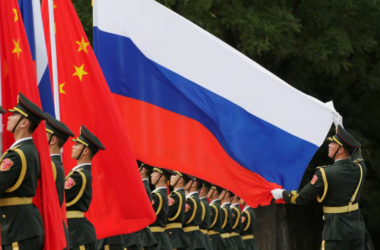The assassination of Hamas leader Ismail Haniyeh in Tehran on Wednesday, following the Israeli military’s elimination of Hezbollah military commander Fuad Shukr in Lebanon the day before, has heightened regional tensions in the Middle East amid the ongoing Israel-Gaza conflict, experts have told Al Arabiya English.
Security analysts caution that these developments could have broader implications for the Middle East, as tensions between Israel and both Hezbollah and Hamas escalate. Some experts warn that Israel’s retaliatory actions across its regional borders are risky.
Haniyeh was assassinated around 2 a.m. local time on Wednesday, according to Iranian media, which reported he was staying at a residence for war veterans in north Tehran. This occurred shortly after Israel announced the killing of Shukr, Hezbollah’s most senior commander, who was blamed for a recent attack in the Israeli-occupied Golan Heights that resulted in the deaths of a dozen youths.
Hezbollah has denied involvement in the Golan Heights attack but confirmed Shukr was in the building targeted by the Israeli strike. Israeli Defense Minister Yoav Gallant stated that Shukr was responsible for many Israeli deaths, asserting that Israel had shown its capability to retaliate.
Although no group has claimed responsibility for Haniyeh’s assassination, suspicion falls on Israel, which had vowed to target Hamas leaders following an October 7 attack that killed 1,200 people and took around 250 hostages. Analysts also believe Israel was behind the assassination.
“Israel’s ability to reach top leaders like Hezbollah’s Shukr and Hamas’s Haniyeh in Beirut and Tehran deals a humiliating blow to Iran and its allies,” said Lina Khatib, an associate fellow at Chatham House. Despite rising tensions, she believes the danger of wider regional escalation remains relatively low as Iran and its allies are constrained in their response capabilities.
Raphael Cohen, a senior political scientist at RAND Corporation, indicated that the assassination of Haniyeh was anticipated given Israel’s commitment to retaliate after the October 7 attack. He also pointed out that the successful strike in Tehran demonstrates a significant technical capability and a failure of the Iranian regime to protect its allies.
Mohanad Hage Ali from the Malcolm H. Kerr Carnegie Middle East Center suggested that both Iran and Hezbollah are likely to respond to the assassinations, making it difficult to avoid further escalations.
Iran’s Islamic Revolutionary Guards (IRGC) stated that Haniyeh was assassinated in Tehran, where he had attended the inauguration of the new president. Hamas mourned Haniyeh, denouncing his death as the result of a “treacherous Zionist raid.”
The situation on the Israel-Hezbollah front is equally tense. Even before the alleged Hezbollah strike in Majdal Shams, Israeli Prime Minister Benjamin Netanyahu faced political pressure to restore deterrence in the north. Following the incident, Israeli leaders called for a strong response.
Avi Melamed, a regional analyst, noted that Israel’s strategic strike against Shukr likely surprised Hezbollah and emphasized the high-level access Israel would have needed to execute such an operation. He suggested that Hezbollah supporters are now calling for significant retaliatory actions, potentially escalating to a full-scale war with Israel.
The Israeli military has stated its readiness for any scenario, emphasizing its preference to avoid wider conflict but maintaining preparedness for further aggression. The Ministry of Foreign Affairs underscored Israel’s right to self-defense following the Golan Heights attack, which it attributed to Hezbollah using Iranian-made rockets.
The ongoing violence between Israeli forces and Hezbollah has resulted in numerous casualties on both sides, with international leaders working to prevent the Gaza conflict from spreading to Lebanon.




